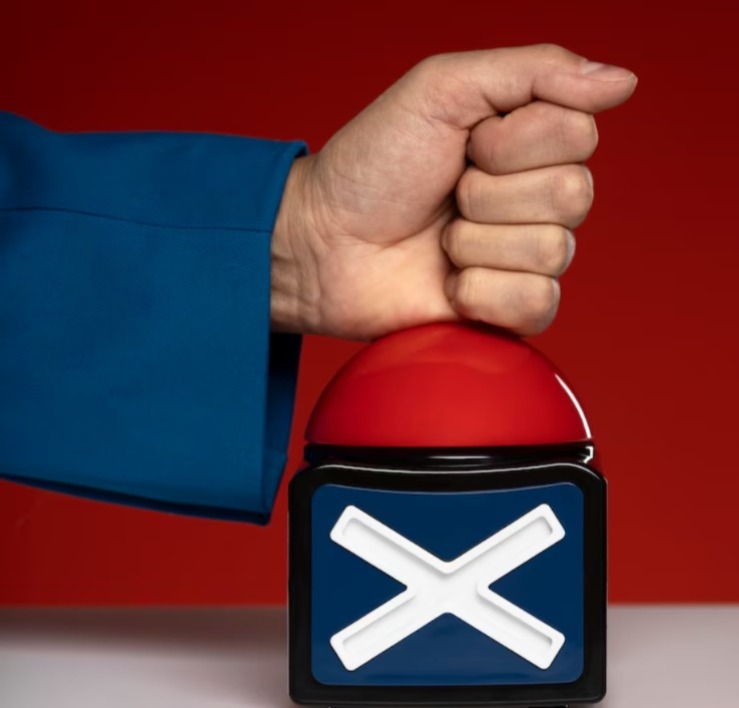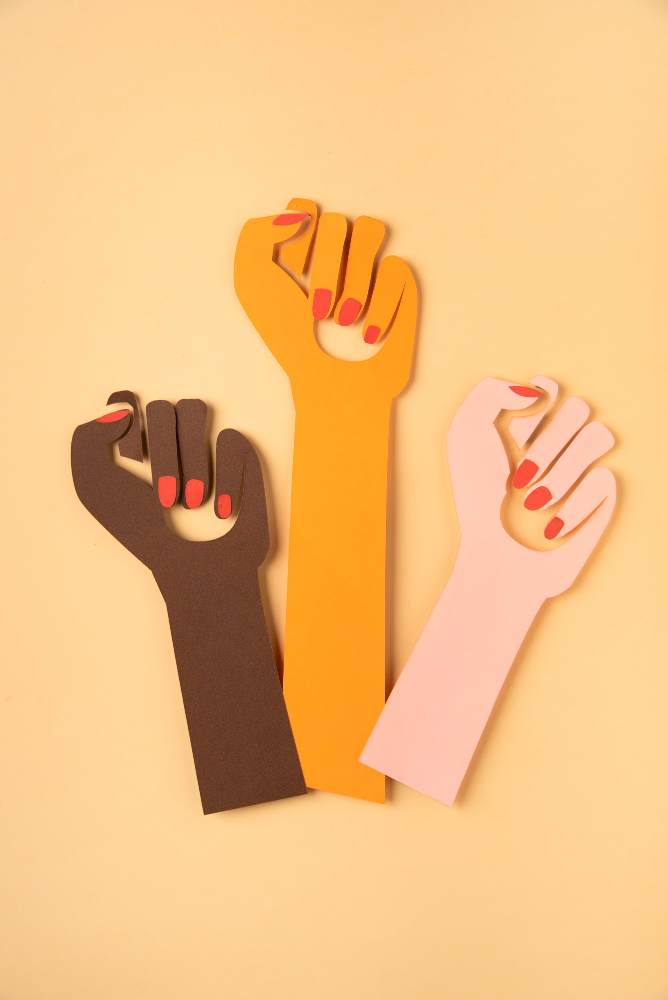
In a world that tells women to be loud to be heard, cold to be respected, and ruthless to be taken seriously, an unexpected rebellion is brewing—and it’s quiet, calm, and deeply powerful.
More and more women are ditching the burnout badge and choosing a form of strength that isn’t about domination—but discernment, boundaries, and radical softness.
It’s called soft power, and it doesn’t mean weakness. It means choosing emotional intelligence over ego, collaboration over control, and rest over overworking. It’s the quiet refusal to perform masculinity in order to “earn” authority in rooms that were never built for us.
Think of it as the opposite of hustle culture’s toxic fantasy.
Soft power is when a woman says no with grace, leads with compassion, cries without shame, sets unapologetic boundaries, walks away from chaotic spaces, or refuses to explain her decisions. It’s how she reclaims control without having to shout or shrink.
This movement isn’t new—but it’s gaining momentum. You see it in female founders who run their companies with empathy, not fear. You see it in therapists and creators talking about emotional safety. You see it in social media captions that no longer glorify “grinding all night” but celebrate healing, joy, and just existing.
The rise of soft power is a rejection of the idea that stoicism, aggression, and suffering are prerequisites for success. Instead, it redefines power as internal alignment—and that terrifies the status quo.
Because when women stop performing, stop proving, and start being, they become ungovernable.
This kind of strength doesn’t seek applause. It builds legacy. And it’s starting to reshape how women date, work, parent, and lead.
You don’t have to wear a power suit to be powerful.
You don’t have to out-man men to matter.
You don’t have to “lean in” to burnout to prove your worth.
Soft power whispers: You are allowed to do things your way—and still win.
THR Newsletters
Sign up for THR news straight to your inbox every day




